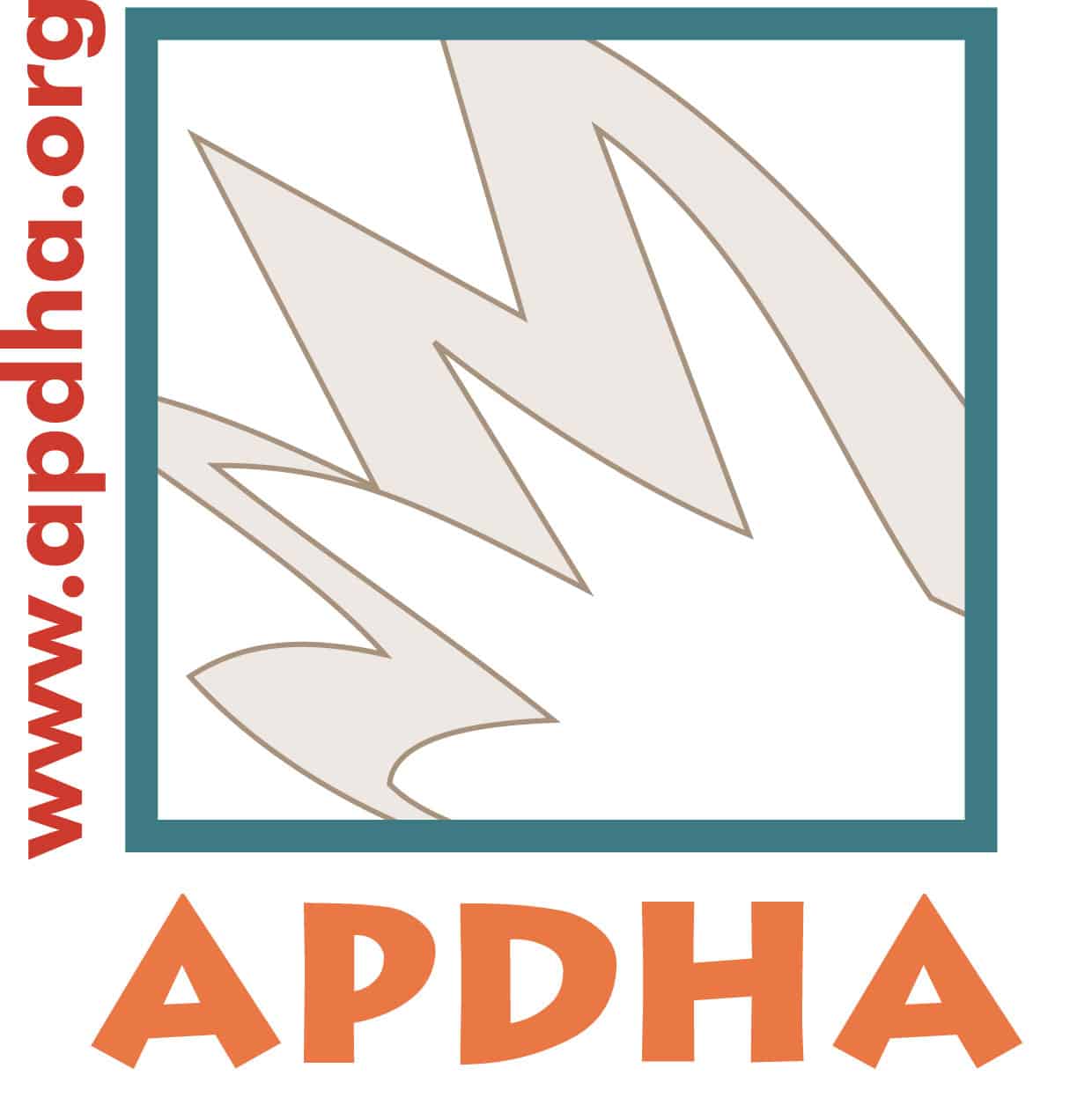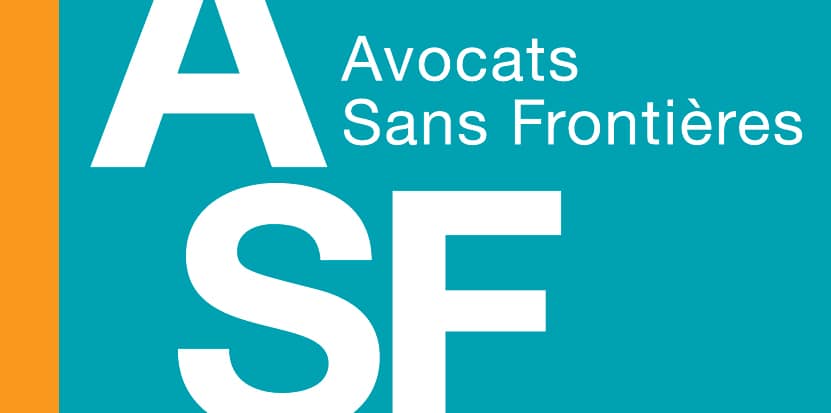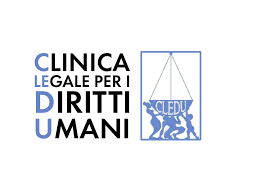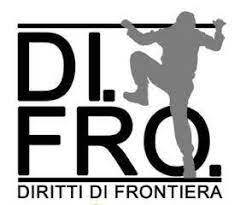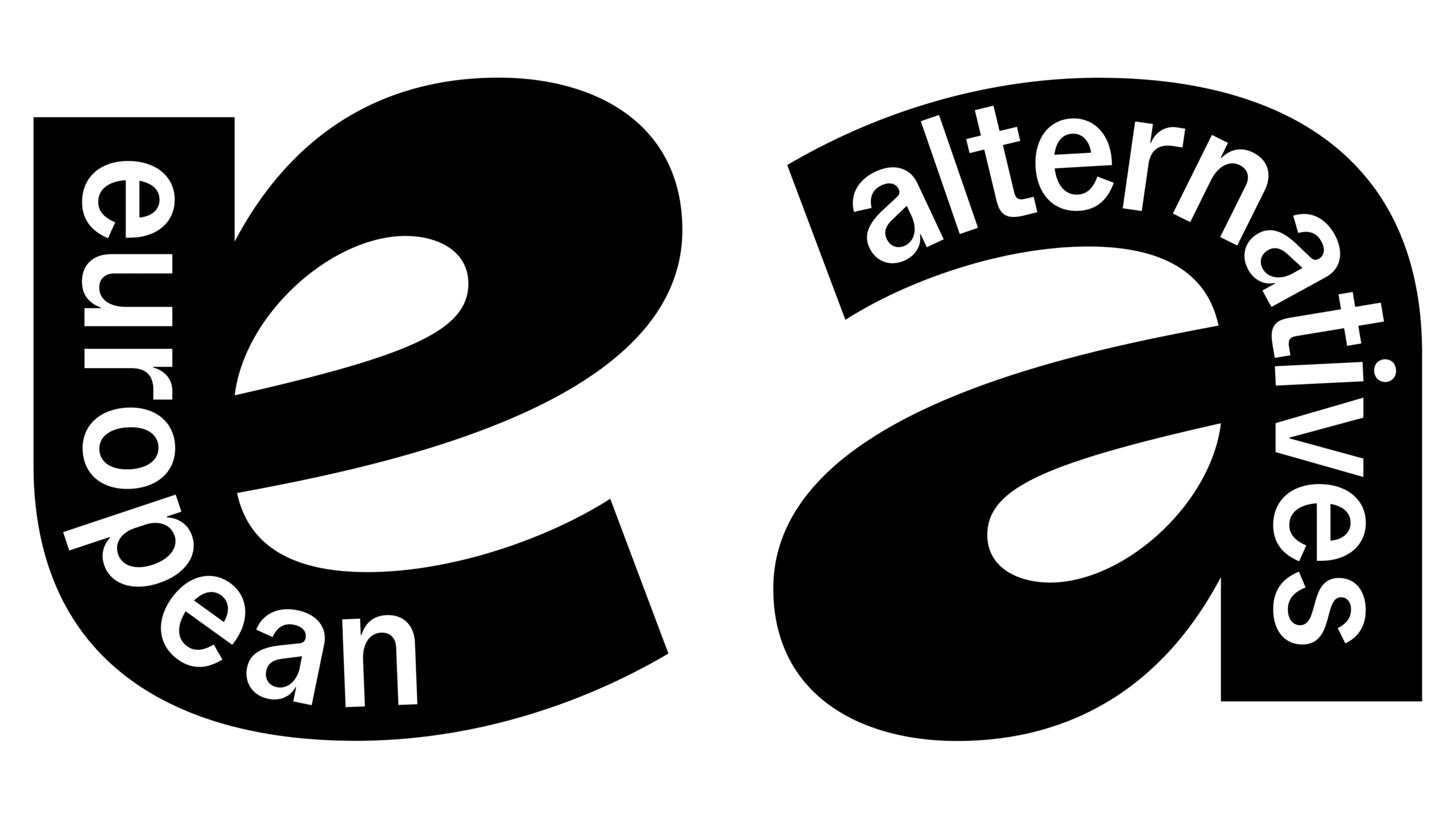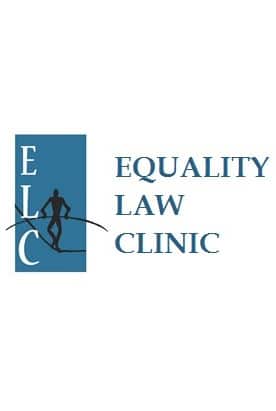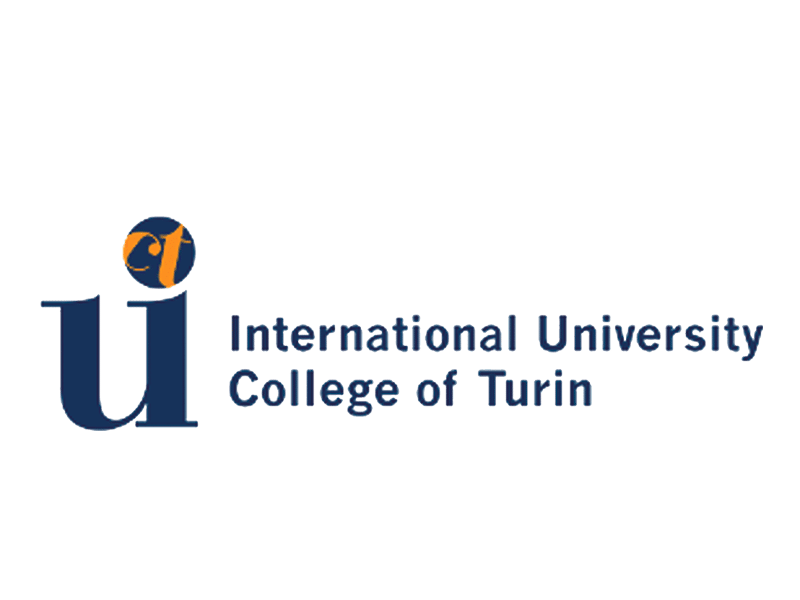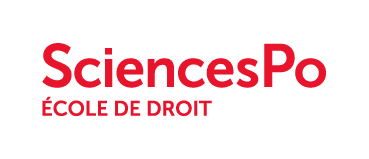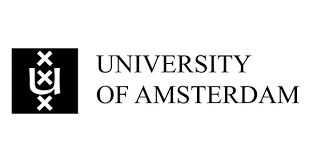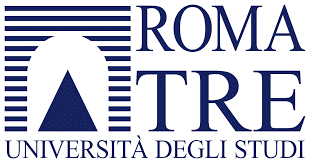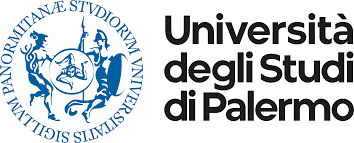Funding: European Commission’s DEAR PROGRAMME
Geographical areas of intervention: Belgium, France, Italy, Spain, The Netherlands, Marocco and Tunisia.
TACKLE is a consortium of 12 partners including university legal clinics and NGOs with an expertise on discrimination and human rights, with a focus on the rights of racialised people and people on the move.
General objective : A more inclusive society with a developed sense of co-responsibility for local and global sustainable development and global challenges, notably inequalities, by empowering the young generations to make their voices heard in the public space, promoting the EU’s founding values of equality and non-discrimination.
Specific objective : Build a community of practice tackling discrimination and structural racism in Europe through documentation, capacity building, advocacy and subgranting activities.
| Read the Pact for Equality’s principles and demands formulated by a group of anti-racism, migration, and anti-discrimination advocates during a two-day workshop facilitated by Avocats Sans Frontières and European Alternatives in Marseille, on 29-30 April 2024. |
Background
Europe’s fears that countries located at its external borders have become key departure and transit countries for both North-African and Sub-Saharan men and women have turned them into privileged partners for EU border control and externalization policies, as recently confirmed by the New European Pact on Migration and Asylum.
In Northern countries, migration remains largely viewed through the prism of identity construction, enabling not only discriminatory behaviour to flourish but also structural racism to be institutionalized through laws and policies. For instance, according to a recent Eurobarometer survey (SE 535, December 2023), more than half of respondents (over 60%) reported widespread discrimination in their country on the basis of skin color and a ethnic origin, and 21% directly experienced discrimination or harassment in the previous year.
Various studies found that “hostility towards refugees and migrants is less prevalent among younger, politically liberal and more educated people” (Dempster & Hargrave, 2017), justifying our strategic focus on youth.
The project’s activities ultimately endeavor to build a bridge between the two shores of the Mediterranean Sea, promoting a positive framing of migration that better reflects the equal society we aspire to.
Aims
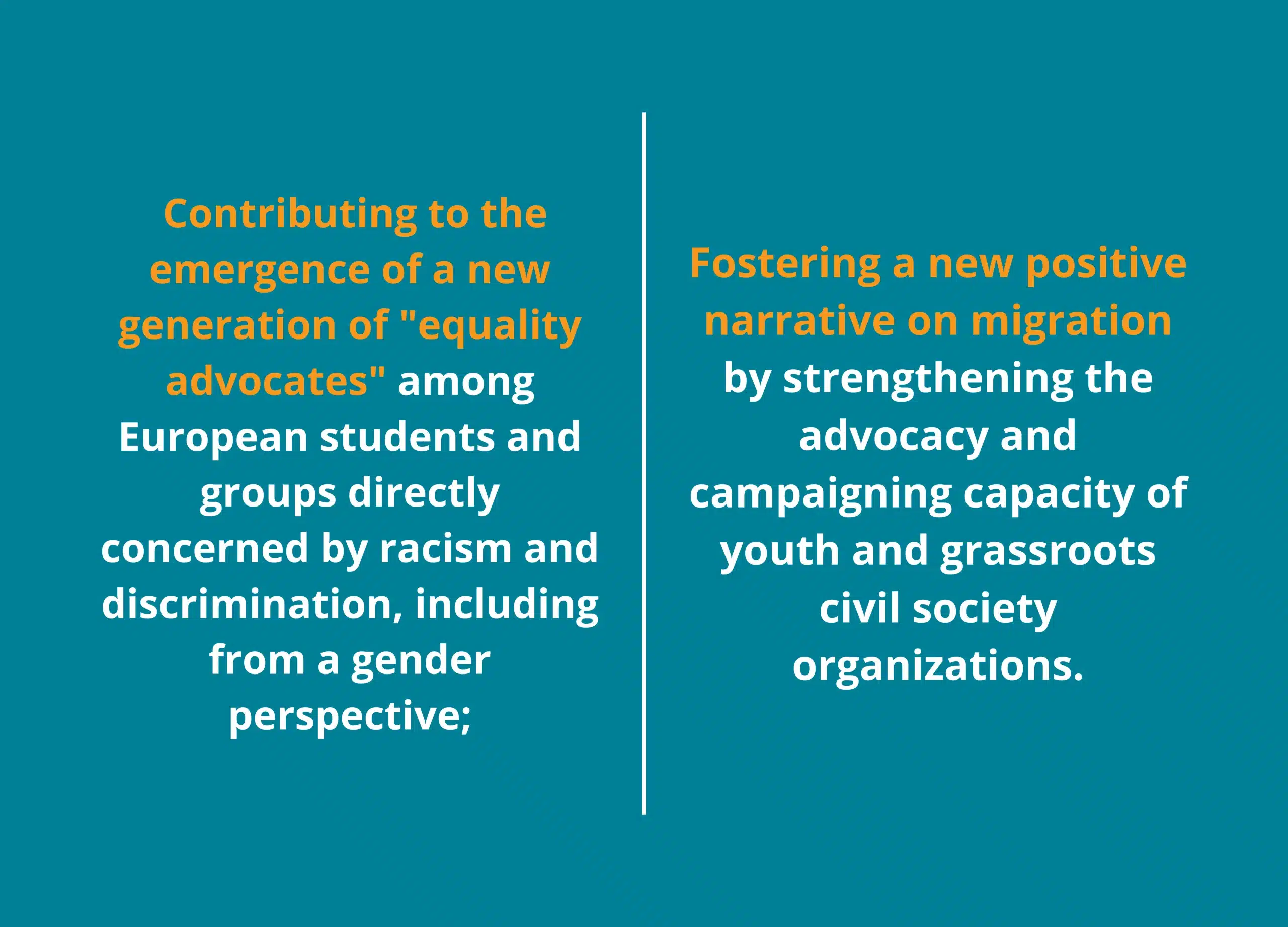
The project is built on 4 interconnected actions, to be developed over a period of 4 years
Documentation
Documenting discrimination and providing access to justice to victims of racist offenses, including the possibility to advocate for their rights.
Capacity Building
Building capacity to engage in advocacy through campaigning and mobilization for racialized people victims of discrimination, together with students, lawyers and CSOs.
Outreach
Raising Awareness amongst citizens and decision-makers and engaging in advocacy actions for equality, particularly in relation to the 2024 EU elections.
Subgranting
Supporting grassroots, youth and local civil society tackling racial discrimination.
Learn more
Starting from the field-work already carried out by students engaged in legal clinics, and by expanding their networks with civil society actors at the local level, this output aims to strengthen their ability to reach victims of discrimination through the establishment of Anti-Discrimination Points (ADPs). The action of the ADPs, in addition to guaranteeing counseling and offering service referrals to victims of discrimination, must also make it possible to collect evidence-based data as well as “stories” which will be used to inform the planned advocacy and campaigning actions. Students will also engage in community-based awareness-raising through the deployment of legal caravans and social media/digital tools intended for the target groups. The empowerment of the victims remains a fundamental objective for the success of the action because it aims to allow them to claim their rights and to include them fully in the campaigning actions with the students.
Learn more
Empowerment actions will target key stakeholders in particular (students, youth organizations at local level, and people and groups discriminated against). Universities are a privileged space for young people who wish to engage in civic activism. To further strengthen this, the action will develop and implement a training curriculum to allow legal clinic students to acquire knowledge in the fight against discrimination and structural racism. Theoretical and practical training will also be provided on European advocacy and citizen mobilization. This knowledge and know-how are indeed necessary so that they can take an active part in campaign actions, of which they will be the main spokespersons. Victims of discrimination will also be involved in this training course, which will include a section relating to media communication and public speaking. ASF has 30 years of experience in international cooperation in Africa, including in the area of migration in Tunisia and Morocco. As a result, it has been able to develop a network of civil society organizations and activists from the Global South, which it wishes to make available to the action in order to create bridges between the two shores of the Mediterranean and promote a deep understanding of the issues related to irregular migration and its causes. In addition to the objective in terms of capacity building, the knowledge dynamic will be oriented towards the joint design of strategy of influence among activists of both shores.
Learn more
Taking into account the existing opportunities for influence, the action aims to deploy an advocacy and citizen mobilization campaign around the European elections scheduled for 2024. The campaign will be based on local advocacy actions, targeting the Members of the European Parliament (MEPs) candidates in the intervention areas. National campaign task-forces made up of students, young activists and victims of discrimination/migrants will propose to candidates to commit to a “Pact for Equality” covering concrete measures in terms of public policies on migration, international cooperation and fight against structural racism. Visibility actions, public conferences as well as communication tools will also be deployed as part of the campaign in order to raise public awareness. After the elections, advocacy tours will be carried out by the national task-forces in order to monitor the implementation of the commitments by the new MEPs and strengthen the relations with relevant stakeholders, particularly with the Commission’s Coordinator on combating racism and DGs involved in the promotion and the monitoring of the EU Anti-Racism Action Plan. Based on data collected through documentation, evidence-based policy briefs and advocacy materials will be produced and disseminated during the advocacy tours.
Learn more
A substantial part of the action’s budget (about 1/3 of the overall budget of the action) will be devoted to strengthening the financial and organizational capacities of grassroots civil society organizations at local level. A call for proposals will be designed and launched from the first year of the action, in order to involve grantees in the various activities planned. The call will particularly target community associations made up of migrants as well as youth-led associations. A definition of the type of funded actions will be developed from the start of the action, but preference will be given to organizations with public education and outreach objectives in their mandates. If relevant, civil society organizations from the Global South may also participate in the call for actions deployed in connection with EU policies. Supported organizations will have the possibility of benefiting from capacity building and coaching programs in organizational matters and project management throughout their project.
TACKLE project: Promoting actions to address racial discrimination and structural racism
Following the launch of TACKLE’s call for project proposals in April 2025, designed to boost initiatives combating racial discrimination and structural racism across seven countries, 17 projects have been selected!
15 are based in Belgium, France, Italy, the Netherlands, and Spain, and 2 in Tunisia and Morocco
These 24 organisations tackle some of today’s most pressing issues: racial discrimination, Islamophobia, post-colonial inequalities, hate speech, and racial profiling. Many also focus on migration, gender-based discrimination, and LGBTQIA+ rights.
A strong majority of the actions are youth-centered — driven with and for young people.
Over the next 18–24 months (2026–2027), these projects will roll out a rich mix of activities:
coalition-building • campaigns • legal assistance • research & education • capacity building • artistic and cultural expression • advocacy
Many of the selected organisations are youth-led and led by racialized communities, ensuring representation and lived experiences at the core of TACKLE’s impact.
Discover all the selected projects below
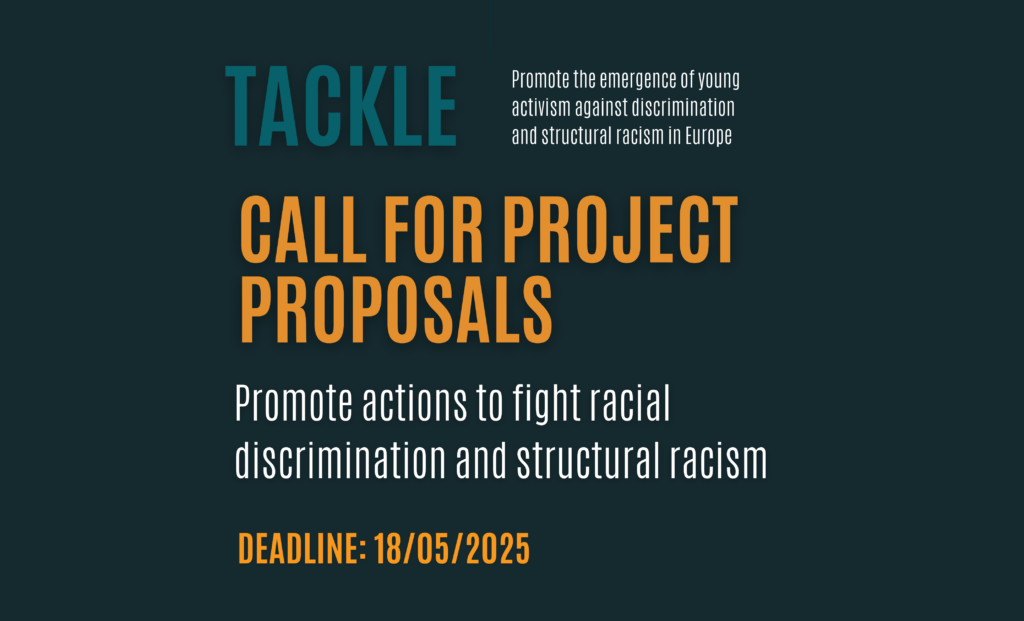
The TACKLE community is made to grow!
A substantial action of the project consists in supporting grassroots organizations with a view to expand the number of partners in the countries of intervention and build a proactive community of practice against discrimination and structural racism.The key stakeholders of the action are young racialized individuals/groups and grassroots associations tackling racial discrimination, and students from partner legal clinics. The latter constitute an innovative mechanism for improving access to justice (especially at the local level) and fostering social reform. Beyond their contribution in providing locally-based support to victims seeking access to justice, legal clinics can further support the emergence of domestic and pan-European forms of activism and the building of bridges between academics and future legal professionals, on the one hand, and civil society and grassroots activists, on the other.
CONTACT US
Giorgia Linardi (Consortium Coordinator, ASF): [email protected]
Elodie Hut (Project Officer, ASF): [email protected]

